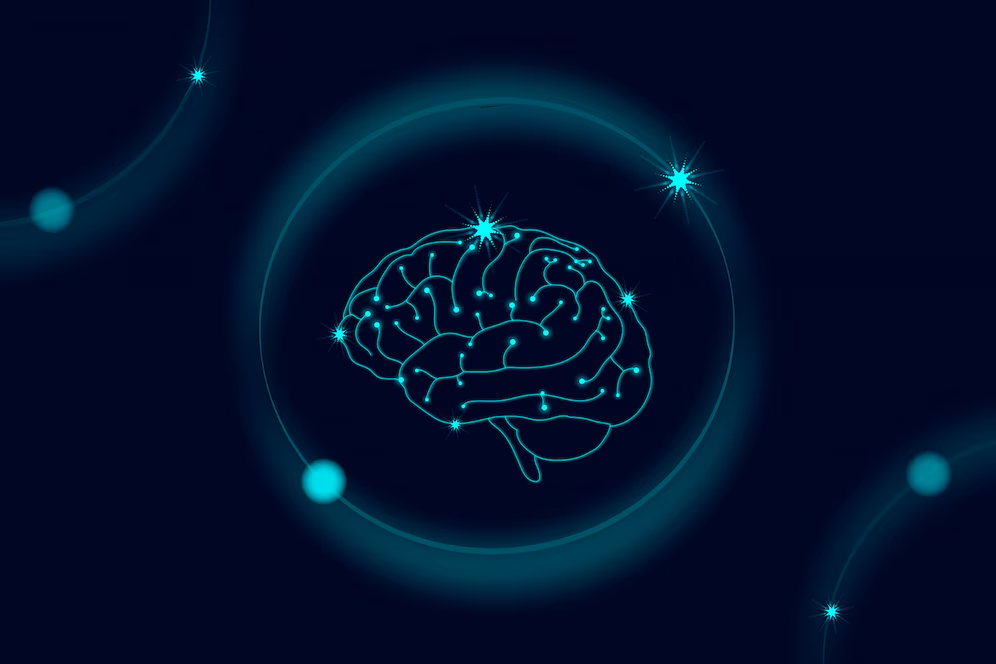Have you ever wondered what goes on in our minds, especially when they are hit by disease? In a latest research, researchers have discovered a technique which seems to open the window of the brain. Let us know how with the help of deep brain stimulation, scientists have discovered a new way to target the source of serious diseases like Parkinson's disease, dystonia, obsessive compulsive disorder and Tourette syndrome.

According to a new study published in the journal Nature Neuroscience, researchers have found a new method, deep brain stimulation, to detect four major brain diseases - Parkinson's disease, dystonia, obsessive compulsive disorder and Tourette syndrome. A total of 261 patients were studied for this research, out of which 70 had dystonia, 127 had Parkinson's disease, 50 had OCD and 14 had Tourette syndrome.
Researchers implanted electrodes into the brains of patients to find brain circuits that are damaged in these brain diseases. Study co-author Dr. Andreas Horn, associate professor of neurology at Brigham and Women's Hospital, said, "Simply put, when brain circuits go haywire, those specific brain functions start to get disrupted, Which the circuit normally does.
Role of electrical stimulation
It has been found that connections between the frontal cortex and the basal ganglia (structures located deep inside the brain) control cognitive and motor functions. If brain diseases occur, these circuits may be affected and their communication may become overactive or impaired. Researchers report that previous studies have shown that electrical stimulation of the subthalamic nucleus (which is a small part in the basal ganglia that receives input from the entire frontal cortex) may help reduce the symptoms of these diseases. .

Learn about diseases
Parkinson's disease: Loss of dopamine-producing neurons in the brain, causing tremors, stiffness, and memory/attention deficits.
Dystonia: Persistent contractions of muscles, causing repetitive or twisting movements.
Obsessive Compulsive Disorder (OCD): Intrusive thoughts and compulsive behaviors (repeated and persistent actions) that are linked to malfunctions in brain circuitry.
Tourette Syndrome: This is a problem related to the nervous system. This causes uncontrolled movements and vocal sounds. These activities and sounds are called tics.
(PC: Freepik)










